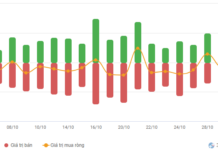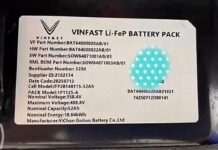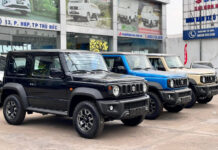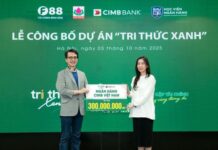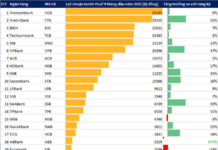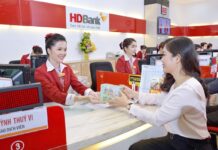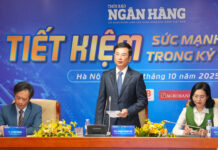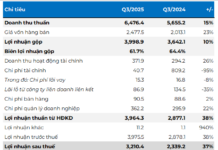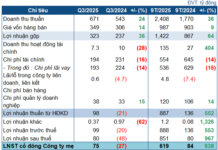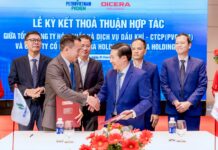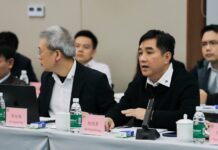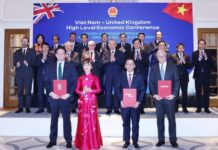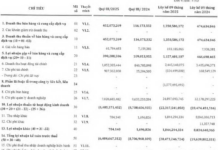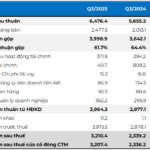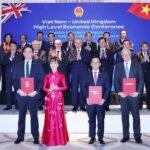On September 25, the Trump Organization and Hung Yen Hotel Services JSC announced their partnership to develop a $1.5 billion project in Vietnam. The project will include a 5-star hotel, an international-standard golf course, upscale residential areas, and world-class amenities.
Hung Yen Hotel Services JSC is a subsidiary of Kinh Bac City Development Holding Corporation (KBC), a leading urban development company in Vietnam. Mr. Dang Thanh Tam, the current Chairman of Kinh Bac City Development, has a proven track record of attracting foreign investment to the country.
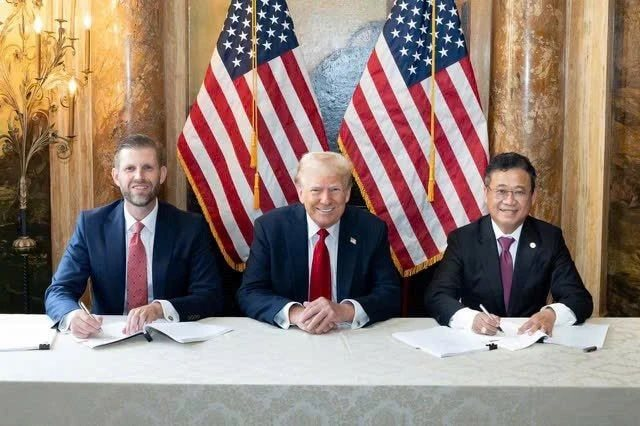
Prior to this historic partnership with the Trump Organization, Mr. Tam has successfully attracted other global giants to invest in Vietnam, particularly in the industrial parks of Kinh Bac City Development.
One of Mr. Tam’s most notable achievements was attracting Foxconn, the world leader in electronic manufacturing services, to invest in Vietnam. Foxconn has a market share of over 40% and offers four main product categories. Mr. Tam shared that Foxconn’s interest in Vietnam grew after APEC 2006, and he played a crucial role in introducing Foxconn’s leaders to various local governments.
“I used to think that investors would only consider locations with existing infrastructure and easy access. But I learned that only small investors think that way. Large investors are often more interested in regions with undeveloped infrastructure, where land is cheaper and more abundant. They are willing to build not just factories but entire thriving cities,” shared Mr. Tam.
As a result of Mr. Tam’s efforts, Foxconn officially began operations in Vietnam in 2007 with the establishment of the Hong Hai Science and Technology Group. By the end of 2023, Foxconn had invested $1.5 billion in the country, employing 53,000 people and building seven modern factories in various industrial parks across northern Vietnam.
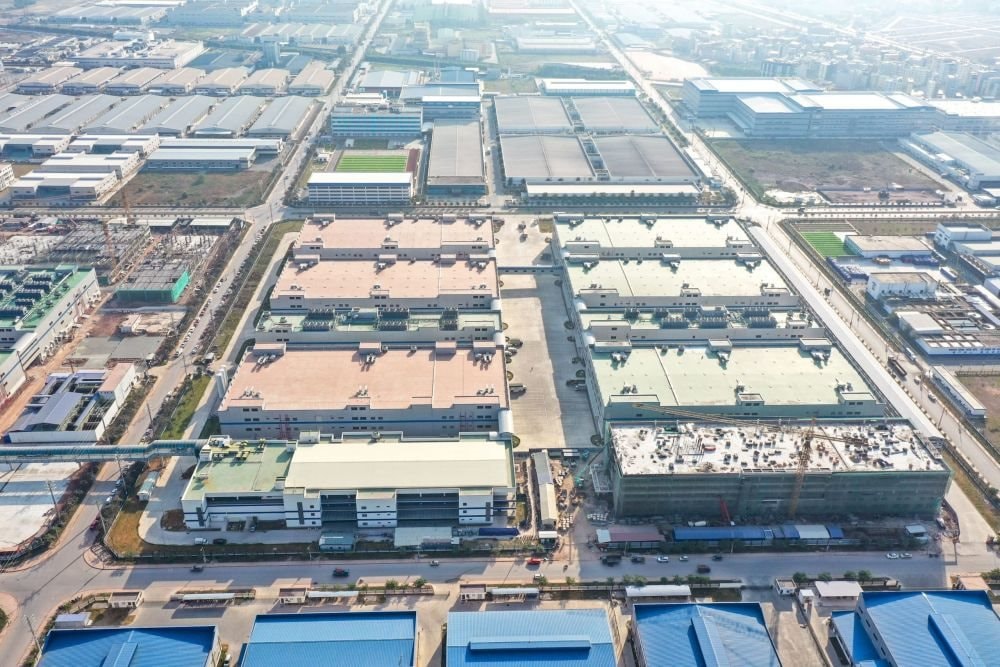
Foxconn’s factory in Bac Giang, Vietnam.
Another significant deal facilitated by Mr. Tam was attracting LG to invest in Hai Phong, a major port city in northern Vietnam. Mr. Tam shared that he first made contact with LG’s leaders in 2012 and began negotiations from there.
“During my time as an APEC advisor, I met with LG’s leaders in Vladivostok. They expressed their interest in investing in Hai Phong but wanted assurances from the city’s leadership. Large investors want to know that the local government is committed to supporting their investment,” Mr. Tam explained.
Subsequently, Mr. Tam, along with Mr. Duong Anh Dien, the former Chairman of Hai Phong People’s Committee, flew to South Korea to meet with LG’s chairman and express their support for the investment.
Following these discussions, LG Electronics officially invested in Hai Phong in 2013, establishing an electronics manufacturing complex in the Tràng Duệ Industrial Park. By the end of 2023, LG had invested in seven high-tech projects in the park, including the production of audiovisual equipment, mobile devices, home appliances, and air conditioners.
The total investment of LG’s projects in the complex reached $7.24 billion, accounting for a significant proportion of FDI in Hai Phong’s industrial parks and economic zones. Three of LG’s projects are among the top 20 largest Korean investments in Vietnam: LG Display, LG Electronics, and LG Innotek.
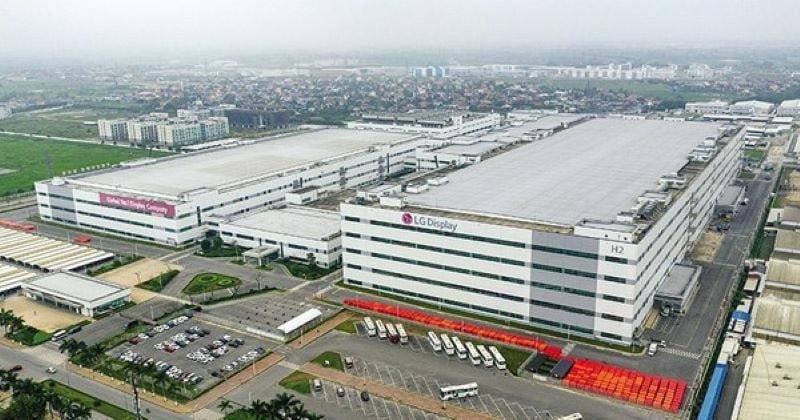
LG Display’s factory in Hai Phong, Vietnam.
In addition to LG, Foxconn, and now the Trump Organization, Mr. Tam has successfully attracted other global companies to invest in Vietnam, including Goertek, Canon, and Ingrasys. He has also had discussions with leaders of prominent corporations such as TMSC, Acer Inc., and Dragoman Pty. Ltd.
One of Mr. Tam’s key advantages in attracting FDI to Vietnam is his association with Kinh Bac City Development, a major player in the country’s industrial park sector. The company currently owns 6,611 hectares of land, accounting for 5.1% of the country’s total industrial park land. This includes large industrial parks such as Tan Phu Trung in Ho Chi Minh City, Que Vo in Bac Ninh, and Trang Due in Hai Phong.
In addition to industrial parks, Kinh Bac City Development also holds 1,413.3 hectares of land for urban development across Vietnam and 117.7 hectares of land for factory construction.
Mr. Tam’s extensive network and relationships with foreign investors have been instrumental in his success. He has actively participated in international economic integration, building connections with leaders of global corporations.
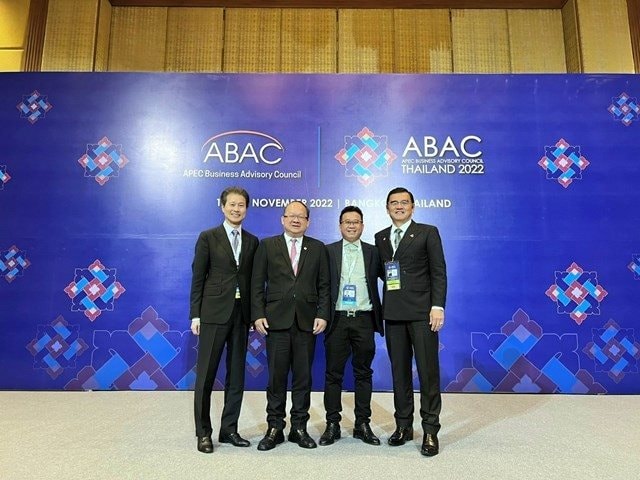
In an interview, Mr. Tam shared his secret to attracting foreign investors to Vietnam: “We ask investors where they would like to go, and then we take them to meet with local governments to discuss and evaluate the opportunities. The first thing investors look for is the trustworthiness and commitment of the local leadership. They want to know that if they encounter challenges, the local government will be there to support them. That’s why it’s crucial for the leadership to be personally involved and keep their promises.”
Mr. Tam’s ability to foster relationships and create trust with foreign investors has been a key factor in his success in attracting FDI to Vietnam.


